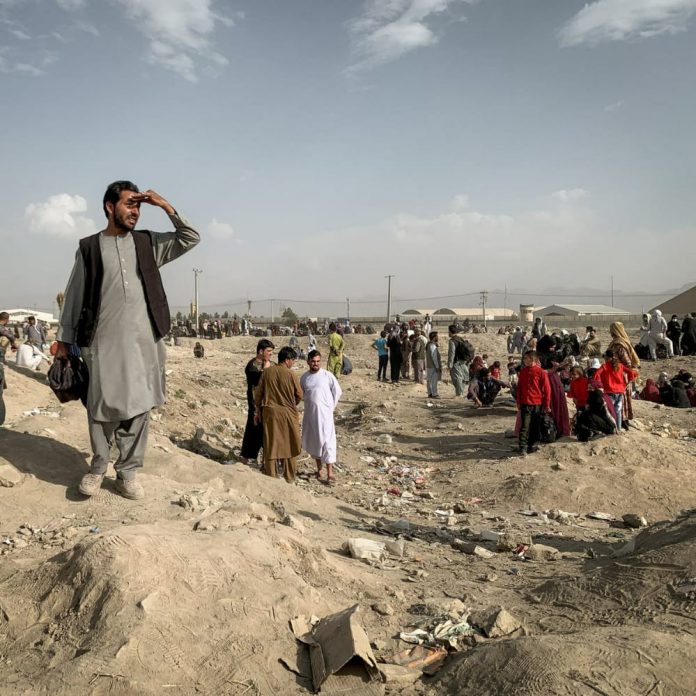Not less than 51 people who fled from Afghanistan landed in Uganda on Wednesday, August 26.
According to the authorities, they are the first to arrive in an African nation amid the race to complete such evacuations before the United States withdraws its military from Afghanistan by the month’s end.
Meanwhile, Uganda said last week that it was preparing to temporarily host evacuees from Afghanistan after a request from the U.S. government.
According to the United Nations’ refugee agency, the East African nation is Africa’s top refugee-hosting nation with nearly 1.5 million displaced people living within its borders and the top fourth refugee host in the world.
In Uganda on Wednesday morning, the evacuees underwent a security screening and were tested for the coronavirus, the Foreign Ministry said. News outlets shared photos on social media of them arriving at a local hotel.
Ugandan officials have said that the United States is paying for the evacuees’ upkeep, with aid groups like Mercy Corps also promising to step in.
The evacuees arrived on a flight privately chartered by The Rockefeller Foundation and other funders, according to Ashley E. Chang, the head of the foundation’s media relations.
The Ugandan Foreign Ministry said there had also been plans to have some Ugandans travel on the chartered flight, but because of “challenges of accessing the airport in Kabul, they were unable to make it.”
Arrangements were being made to evacuate those Ugandan citizens on a subsequent flight, the ministry said.
The authorities did not specify the nationalities of the people who arrived in Uganda on Wednesday. But Okello Oryem, a junior minister in the Foreign Ministry, said in an interview that Afghans and people from other countries, including from Europe and the United States, were expected as part of the evacuation plan.
Uganda now hosts nearly 1.5 million refugees who have fled violence in Burundi, the Democratic Republic of Congo and South Sudan.
The authorities did not specify how many evacuees would be arriving from Afghanistan and when they will come. But Mr. Oryem said the government would not rush them to leave.
“These are people who are traumatized and have gone through difficulties,” he said.












